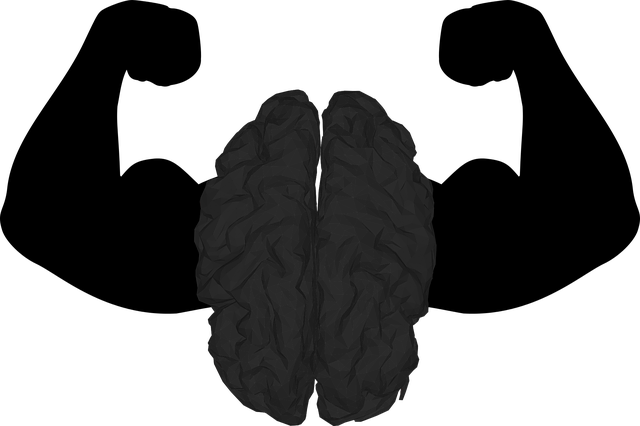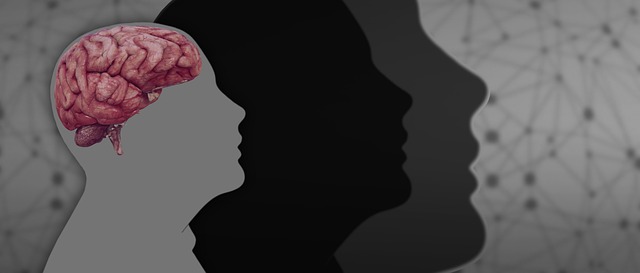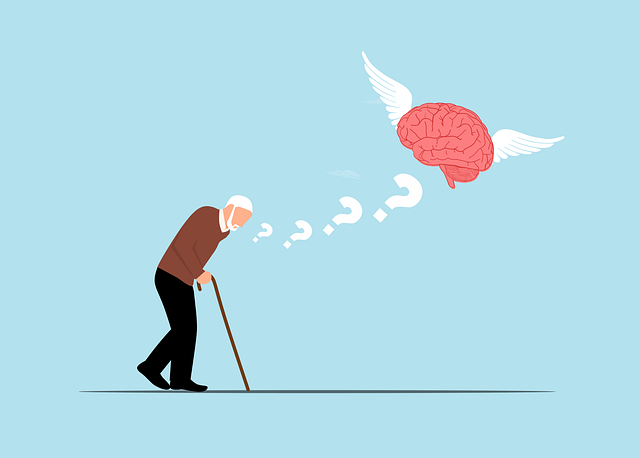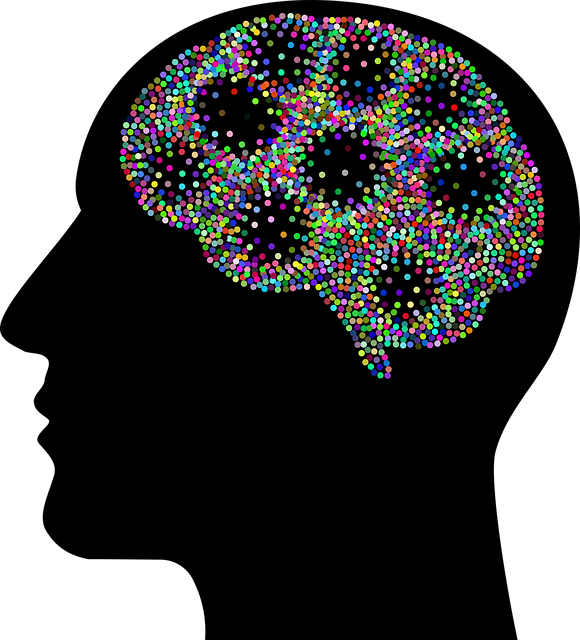This text highlights tailored therapeutic approaches for adolescent teens with neuro disorders like ADHD, Bipolar Disorder, or ASD, emphasizing personalized care for their unique challenges during adolescence. It promotes a multi-faceted strategy combining specialized therapy, early intervention, mental health policy advocacy, and healthy lifestyle habits to prevent depression and improve long-term mental health outcomes. Building resilience through therapy empowers teens with self-care practices, stress reduction techniques, and coping mechanisms to manage neuro disorders and stigma effectively.
- Understanding Depression in Adolescent Teens
- The Role of Therapy and Support for Neuro Disorders
- Lifestyle Changes to Prevent and Manage Depression
- Building Resilience: Strategies for Long-Term Mental Health
Understanding Depression in Adolescent Teens

The Role of Therapy and Support for Neuro Disorders

Depression prevention strategies cannot be complete without addressing the role of therapy and support for neuro disorders, especially among adolescent teens. For individuals dealing with conditions like Attention Deficit Hyperactivity Disorder (ADHD), Bipolar Disorder, or Autism Spectrum Disorder (ASD), early intervention through specialized therapy can significantly mitigate risks of depression. Therapy tailored to these neurodivergent populations often incorporates self-awareness exercises and adaptive coping mechanisms, fostering resilience against depressive episodes.
Beyond individual therapy, Mental Health Policy Analysis and Advocacy plays a crucial role in ensuring accessible and culturally competent healthcare services. Healthcare Provider Cultural Competency Training is essential to promote understanding and empathetic care for teens with neuro disorders, enhancing the effectiveness of treatment. This holistic approach leverages not only therapeutic interventions but also systemic changes to prevent and manage depression effectively within this vulnerable population.
Lifestyle Changes to Prevent and Manage Depression

Depression can often be prevented or managed effectively through lifestyle changes. For adolescent teens and young adults, establishing healthy habits early on is crucial in maintaining emotional well-being promotion techniques. Regular physical activity, a balanced diet rich in nutrients, and sufficient sleep are key components to consider. These simple yet powerful tools can significantly reduce the risk of developing mental illness and neuro disorders, promoting overall resilience against depressive episodes.
Incorporating stress management strategies, such as mindfulness meditation or engaging in hobbies, is also beneficial. By prioritizing self-care and cultivating a supportive social network, individuals can build coping mechanisms to navigate life’s challenges. Additionally, seeking therapy for adolescent teens early on can help in identifying and addressing underlying issues before they escalate, contributing to mental illness stigma reduction efforts and fostering better long-term mental health outcomes.
Building Resilience: Strategies for Long-Term Mental Health

Building resilience is a powerful strategy for long-term mental health, especially for teens navigating the challenges of adolescence and neuro disorders. Therapy plays a crucial role in empowering individuals to cope with life’s stressors by teaching them self-care practices and emotional healing processes. Through therapy, adolescents learn to identify triggers, develop healthy coping mechanisms, and cultivate a positive mindset, all of which contribute to building resilience.
Promoting self-care practices, such as regular exercise, adequate sleep, and mindfulness techniques, is an integral part of this process. By integrating these into daily routines, teens can enhance their ability to manage stress and improve overall well-being. Resilience building involves fostering a growth mindset, learning from setbacks, and developing a strong support system—all essential components for maintaining mental health and preventing depression in the long term.
Depression prevention is a multifaceted approach, especially for adolescent teens dealing with neuro disorders. While understanding the condition is crucial, incorporating lifestyle changes and building resilience can significantly enhance mental health outcomes. Therapy plays a pivotal role in supporting teens through their struggles, offering them tools to manage symptoms effectively. By combining these strategies, we empower young individuals to navigate life’s challenges and foster long-term well-being, ensuring they receive the necessary care for their neuro disorders and depression prevention.











